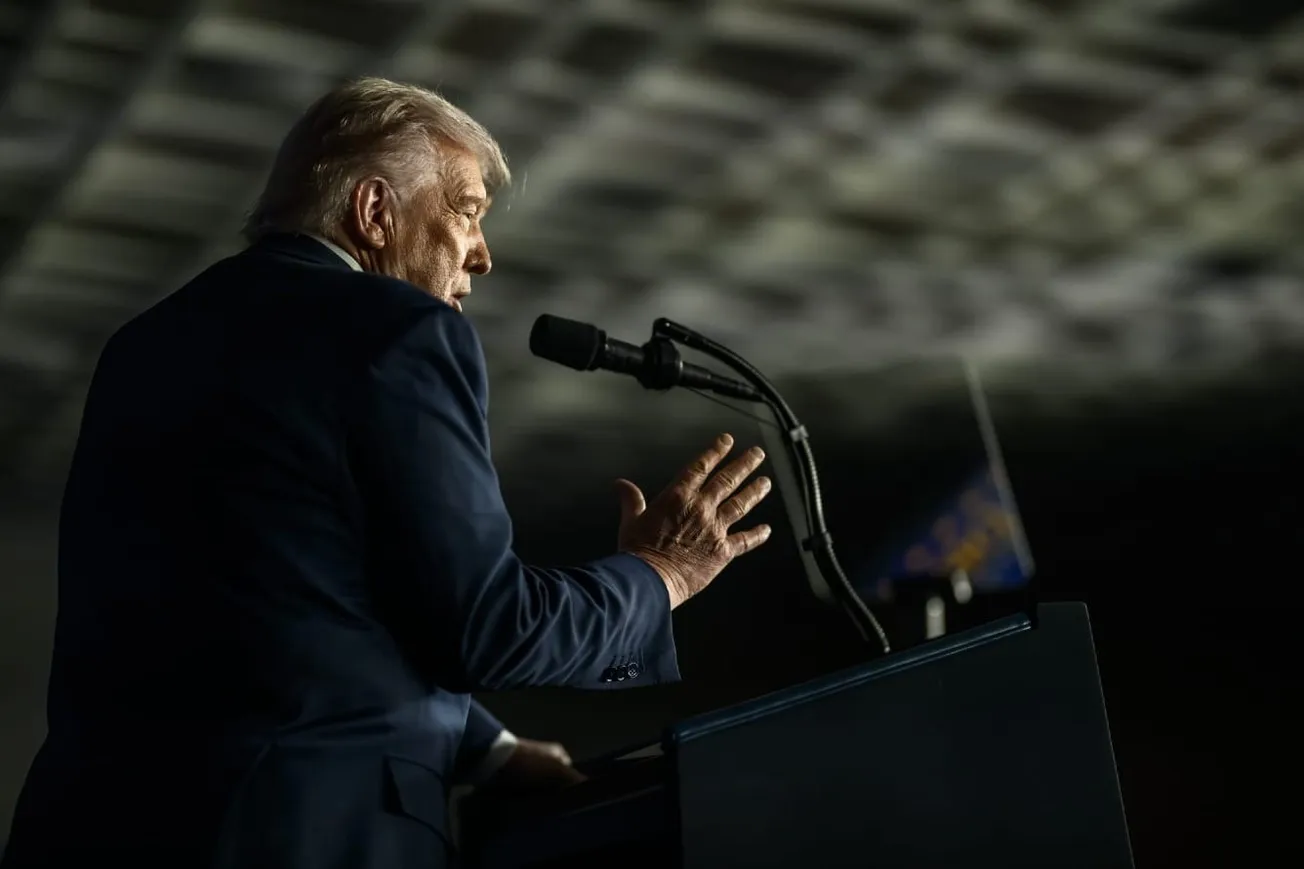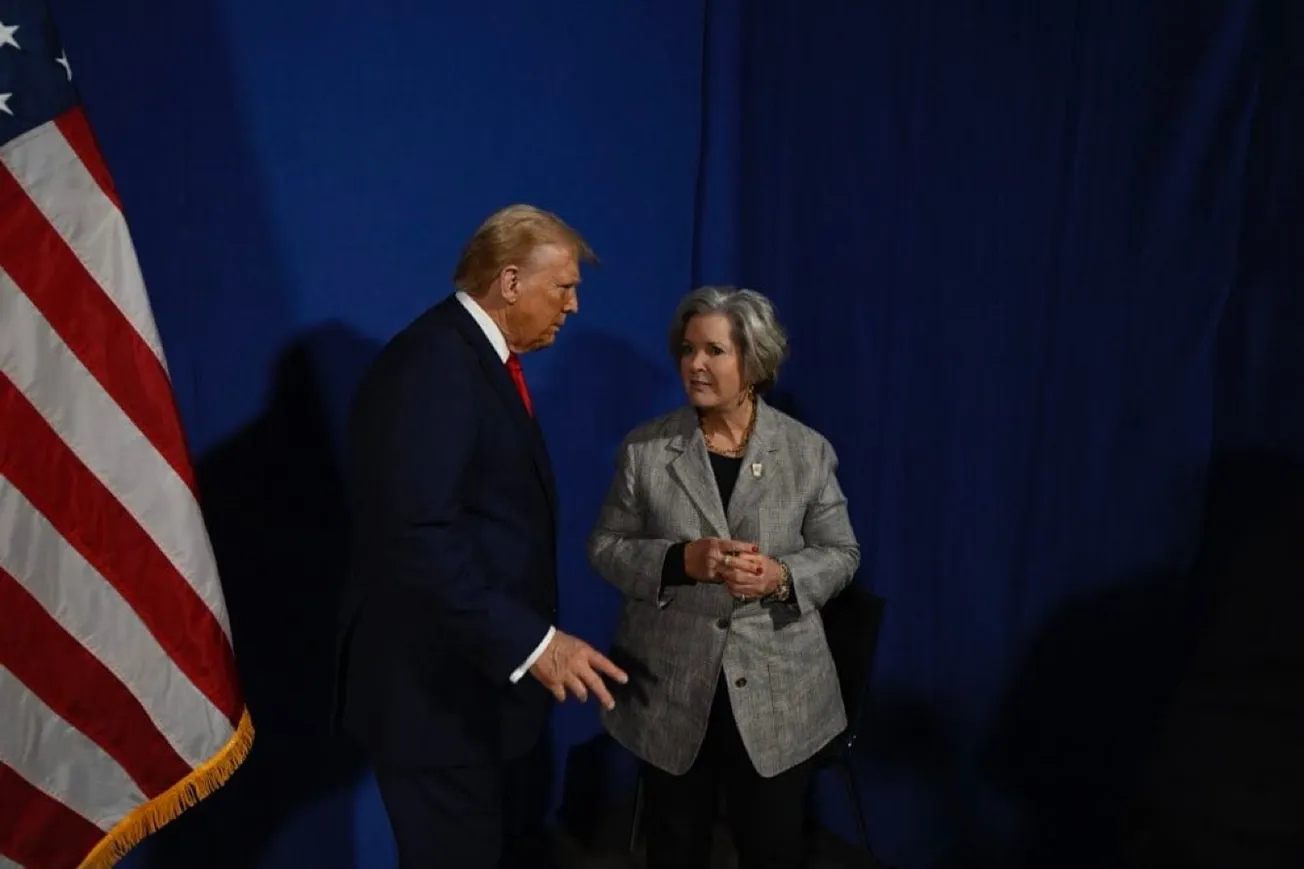For most small businesses, this pandemic is not over – far from it.
Beyond what the future may bring with regard to additional economic pain from the Delta, Lambda, or future variants, small business owners are still digging out of the mess of the last year and a half. According to a mid-July 2021 Census Bureau “Small Business Pulse Survey,” 32.5% of small businesses say it will still take them 6 months or longer to return to normal levels of operation.
Not surprisingly, more than a quarter (25.2%) still report “a large negative effect” from the Coronavirus pandemic, which is more widespread in certain sectors such as the accommodations and food services sector (54.7% are still struggling).
So why would lawmakers and elected officials want to pile on and add more uncertainty and costs with higher taxes and burdensome regulation on these small businesses?
Unfortunately, that is the threat business owners have been facing from Washington, D.C. And the massive $3.5 trillion budget resolution currently zipping through the U.S. Senate is one doozy of a tax and spending package that could suck small businesses dry at a time they need these additional resources for higher labor costs, higher input costs, and new investments to deal with ever-changing consumer habits and trends.
Tax increases are not politically popular with small business owners, especially now as they are still grinding it out and hoping to eventually recover from the pandemic. In fact, in a new SBE Council/TechnoMetrica survey of small business owners that my group will release on August 11, 65% of respondents say that “no federal tax increases should be considered until the economy has had the time to fully recover.”








